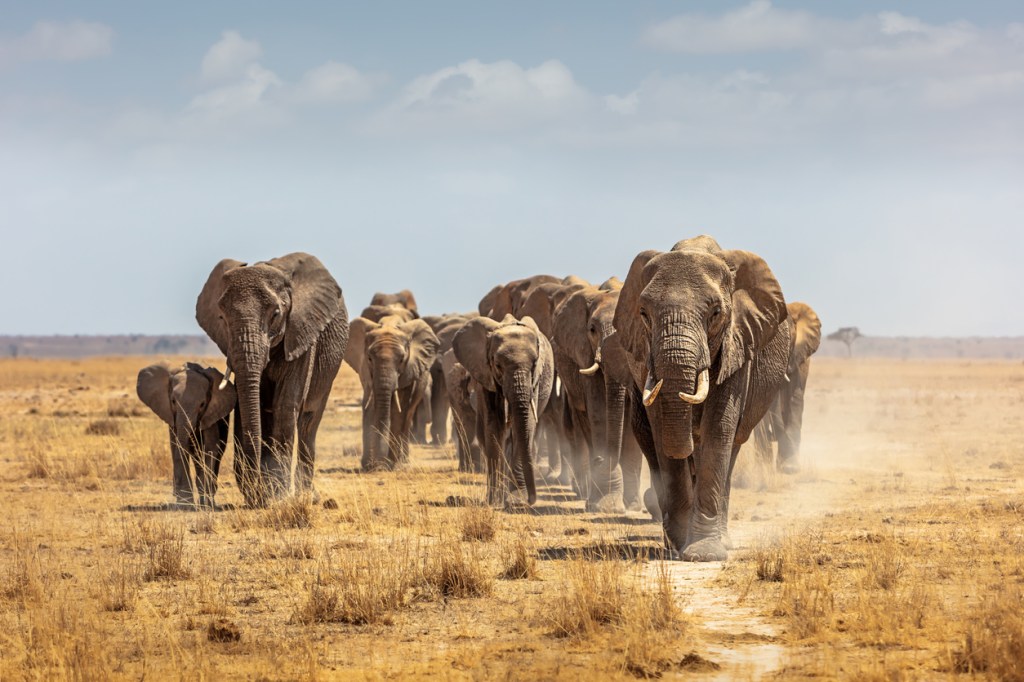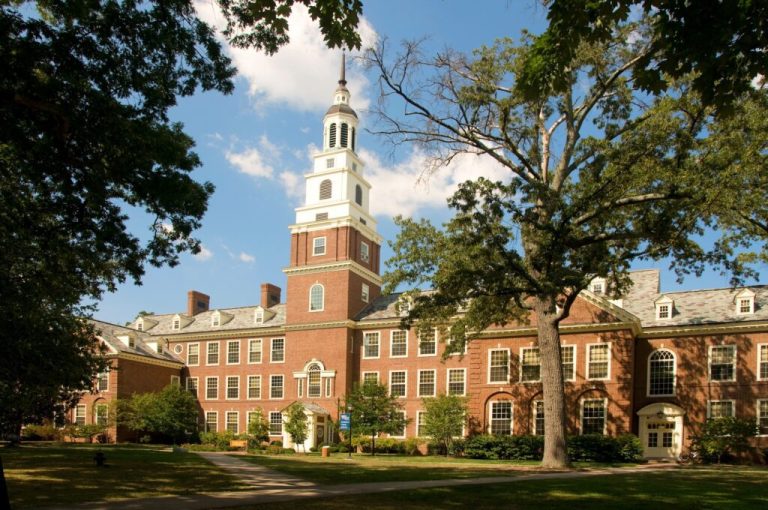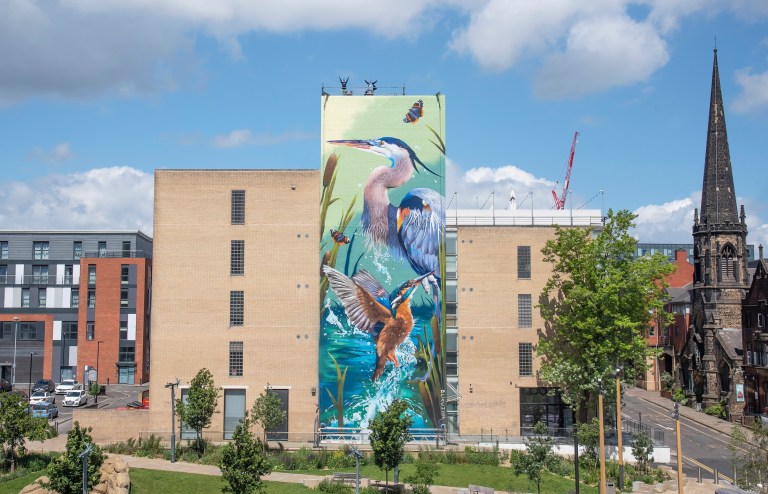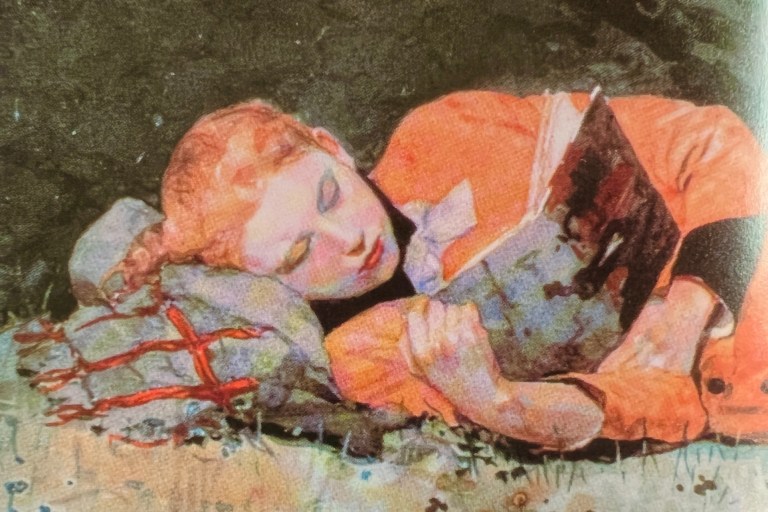Humans aren’t the only social animals in the world: one has to simply look at dogs and their uncanny ability to bond with anything from cats to deer and even lions. But being sociable doesn’t just make you the life of the party, be it in the human or animal kingdom — it may also make you live longer.
While having a couple of close pals might seem like a surprising stand-in for the secret fountain of youth, a team of researchers saw a direct correlation between longevity and group living in mammals. In a recent study published in the journal Nature Communications, mammals that lived in pairs or groups were shown to generally live longer than those that lead solitary lifestyles.
“Group species live longer than solitary species,” Xuming Zhou, an author of the study and an evolutionary biologist, told The Wall Street Journal.

Zhou and his team compared 974 species, analyzing their living dynamics (solitary, pair-living, and group-living) and life expectancy, which ranges within mammals on a great scale — from around 2 years for shrews to 200 years for bowhead whales.
The study also isolated 31 genes — based on the brains of 94 species — that may be responsible for not only a longer life but a drive to form social attachments. These genes could play a role in social interactions and disease immunity. However, the study has received some skepticism among the scientific community. Evolutionary anthropologist and 2019 MacArthur Fellow Jenny Tung expressed her own hesitation to WSJ saying, “That’s a big claim.”
“We show that group-living species lived longer than solitary species and identify 31 genes, hormones, and immunity-related pathways involved in the correlated evolution of social organization and longevity,” the study reads.
Past studies on both female baboons and rhesus macaques found that having stronger social ties within species may boost lifespan. Likewise, loneliness and social isolation has been linked to health issues in humans.
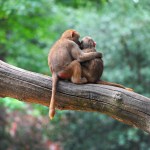
The researchers theorize that there is also an evolutionary reason that social animals may have a longer lifespan, with several factors contributing. Species with longer lifespans are characterized by lower reproductive rates and slow development rates. Basing their ideas on macro evolutionary theory, they propose that mammals with slower development rates evolved the need to form social bonds in order to more strategically allocate resources over time, whereas mammals with faster development rates and shorter lifespans did not.
Additionally, mammals with strong social bonds have communal support to overcome adversity and potential threats. While living in a group or pair may make them more susceptible to disease or parasites due to close contact, these “social species may have evolved a strong immune defense to minimize disease risk and protect themselves against pathogens,” the study suggests.
Ultimately, the study points to the benefit of social bonds or friends — both in humans and other mammals in the animal kingdom. As the old Harry Nilsson song goes, “One is the loneliest number.” No one has to, or should, go through life alone, so let this serve as motivation to reach out to the people in your life — they’ll appreciate it more than you might think.
